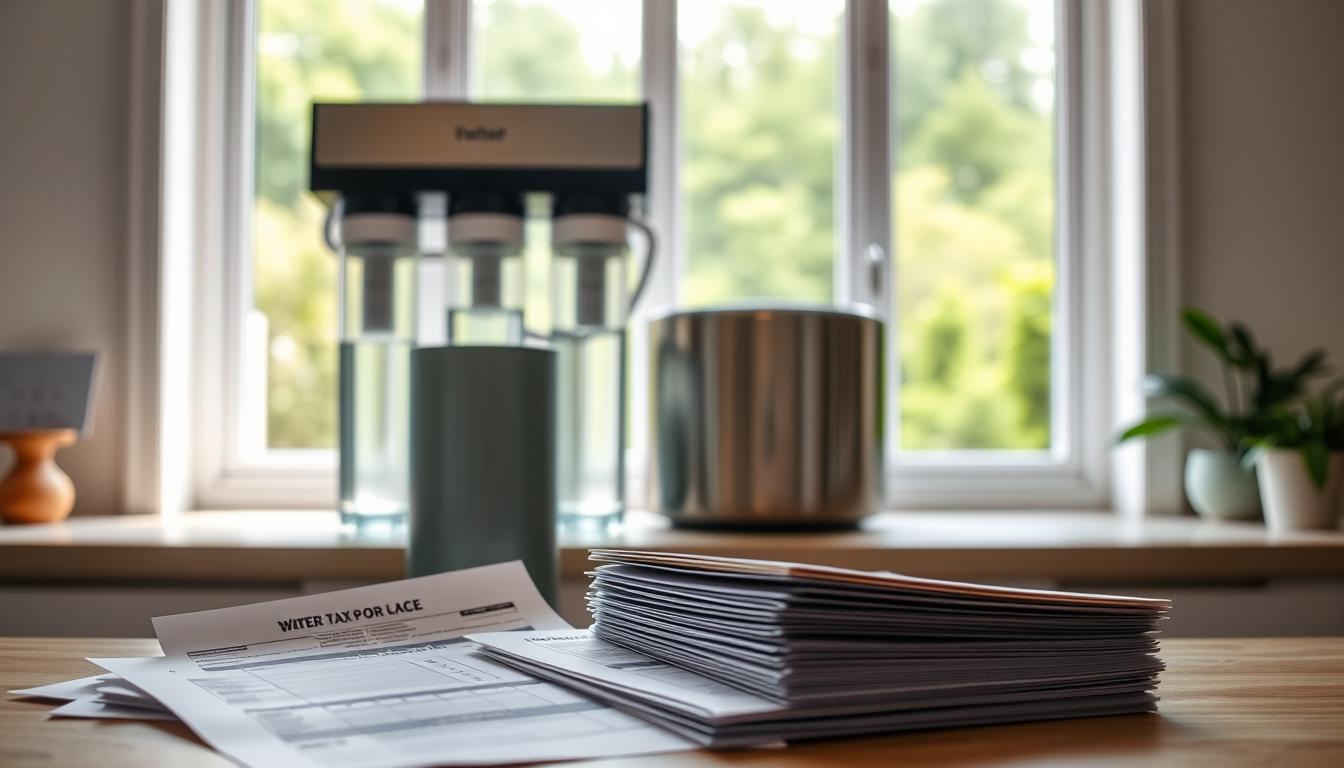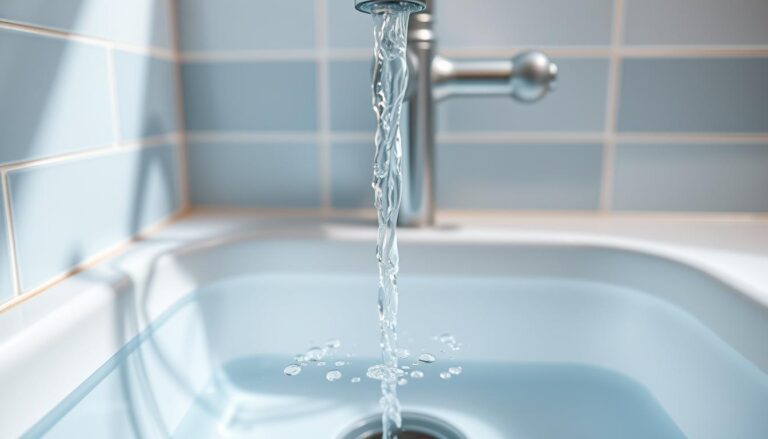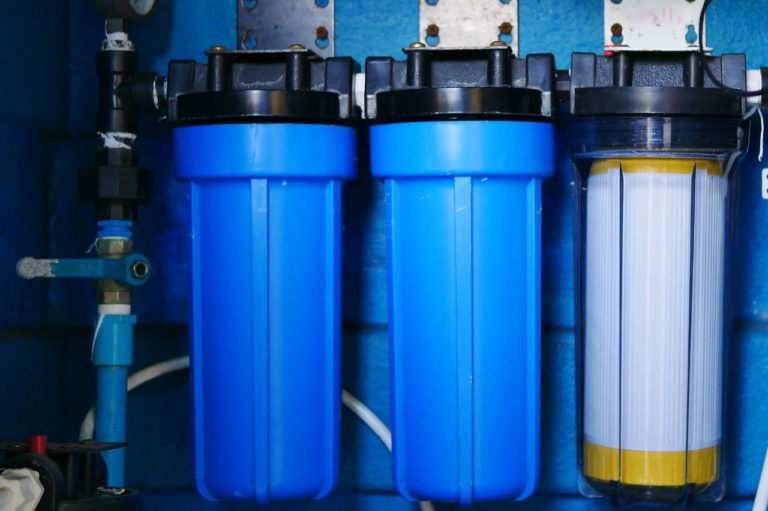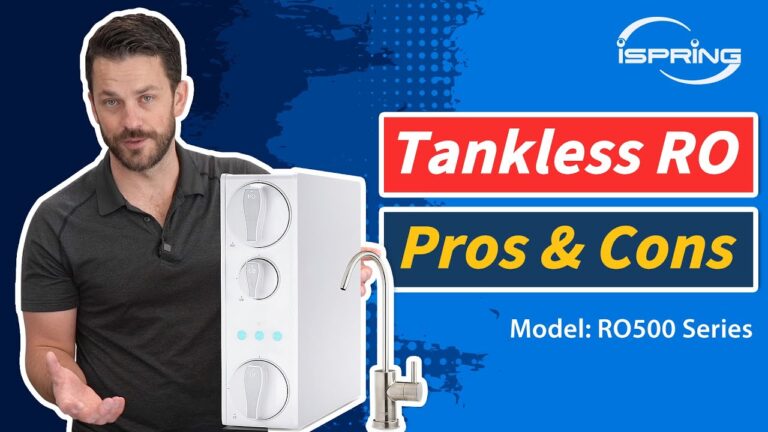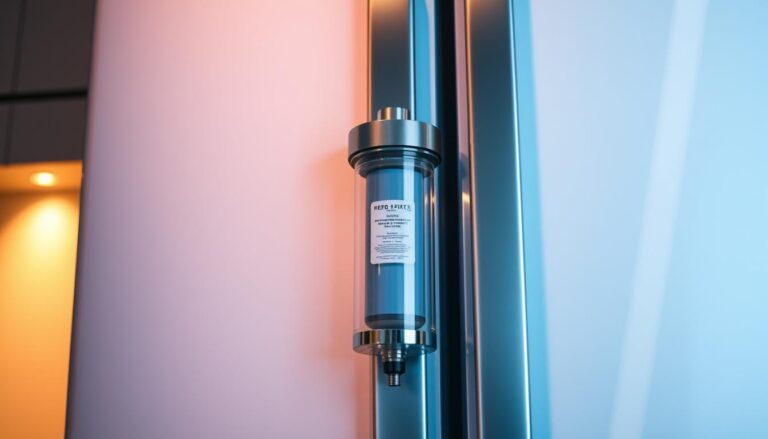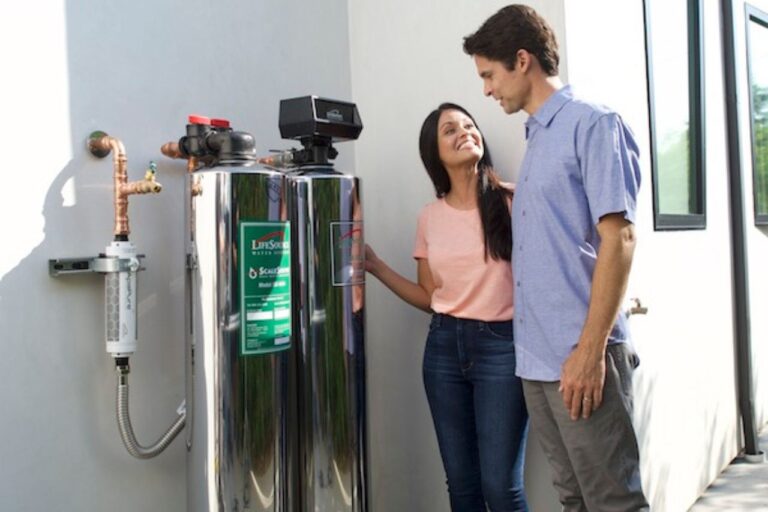Is a Home Water Filtration System Tax Deductible?
Are you investing in a water filtration system for your residence and wondering if it qualifies for tax benefits? Many homeowners seek ways to improve their living spaces while also reducing their tax liabilities.
Understanding the tax implications of home improvements like water filtration systems can be complex. As a homeowner, it’s essential to know whether such investments can lead to significant tax savings.
The question remains: Can you claim a deduction for your water filtration system on your tax return? Let’s explore the possibilities and implications of tax deductions for home water filtration systems.
Key Takeaways
- Understanding tax deductions for home improvements
- Potential tax benefits for water filtration systems
- Eligibility criteria for tax deductions on home water filtration systems
- How to claim tax deductions for home improvements
- Importance of consulting a tax professional
Understanding Tax Deductions for Home Improvements
When it comes to home improvements, understanding the tax deductions available can be crucial for homeowners. Home improvements, while often necessary, can be costly, and knowing how to offset these costs through tax deductions is valuable.
General Rules for Home Improvement Tax Deductions
The IRS allows deductions for certain home improvements that either increase the value of your property or adapt your home for new uses. Generally, to qualify, these improvements must be capital improvements, not repairs. Examples include renovations that enhance your home’s value or extend its useful life.
Difference Between Tax Deductions and Tax Credits
It’s essential to distinguish between tax deductions and tax credits. Tax deductions reduce your taxable income, whereas tax credits directly reduce the amount of tax you owe. For instance, a $1,000 tax deduction might save you $200 in taxes, depending on your tax bracket, while a $1,000 tax credit would save you the full $1,000.
How the IRS Classifies Home Modifications
The IRS categorizes home modifications based on their purpose and impact on the property. Modifications that are considered medical necessities or energy-efficient improvements may qualify for different types of tax benefits. Understanding these classifications is crucial for determining the deductibility of your home water filtration system.
Is a Home Water Filtration System Tax Deductible?
Understanding the tax implications of installing a home water filtration system is crucial for homeowners who are considering this improvement for health or environmental reasons.
General IRS Guidelines on Water Filtration Systems
The IRS has specific guidelines regarding what constitutes a deductible home improvement. Generally, home improvements are not deductible unless they are medically necessary or qualify for a tax credit.
Water filtration systems are considered home improvements, but they can be deductible under certain conditions.
When Water Filtration Systems Qualify as Medical Expenses
A water filtration system can be considered a medical expense if it is prescribed by a doctor to treat a specific medical condition.
- The system must be primarily for medical care.
- It must be used to treat a specific medical condition.
- A doctor’s recommendation or prescription is essential for qualification.
The 7.5% AGI Threshold for Medical Expenses
To deduct medical expenses, including a water filtration system, your total medical expenses must exceed 7.5% of your Adjusted Gross Income (AGI).
For example, if your AGI is $100,000, you can deduct medical expenses that exceed $7,500.
Itemizing Deductions Requirement
To claim a deduction for a water filtration system as a medical expense, you must itemize your deductions on Schedule A of your tax return.
This means you cannot use the standard deduction if you want to claim this expense.
Homeowners should keep detailed records of the purchase and installation of the water filtration system, as well as documentation from their healthcare provider, to support their claim.
Medical Necessity Requirements
For a home water filtration system to be considered tax-deductible, it must be prescribed or recommended by a healthcare professional. This medical necessity requirement is crucial in determining whether the expense can be claimed as a tax deduction.
Obtaining a Doctor’s Prescription or Recommendation
To qualify, you need a doctor’s prescription or recommendation that specifies the need for filtered water due to a medical condition. This documentation is essential for supporting your tax deduction claim.
Documenting Medical Conditions That Require Filtered Water
It’s also important to document the medical condition that necessitates the use of filtered water. This involves maintaining detailed medical records that clearly state the condition and the need for filtered water.
Examples of Qualifying Medical Conditions
Certain medical conditions may require the use of filtered water to prevent or alleviate symptoms. Examples include:
- Weakened immune systems
- Specific allergies to certain contaminants
- Conditions that require avoidance of certain chemicals or heavy metals
| Medical Condition | Reason for Filtered Water |
|---|---|
| Weakened Immune System | To avoid waterborne pathogens |
| Allergies to Certain Contaminants | To remove specific allergens |
| Chemical Sensitivities | To eliminate or reduce chemical contaminants |
Types of Water Filtration Systems That May Qualify
When considering a water filtration system for your home, it’s essential to understand which types may qualify for tax deductions. Various systems are available, each with its unique characteristics and potential tax benefits.
Whole-House Filtration Systems
Whole-house filtration systems filter all the water in your home, providing comprehensive protection. These systems can be more expensive upfront but may offer significant health benefits by removing contaminants from all water sources. If installed for medical reasons, they might be eligible for tax deductions as a medical expense.
Point-of-Use Systems
Point-of-use systems, such as faucet-mounted filters or pitcher filters, are designed to filter water at a single tap or location. While they are generally less expensive than whole-house systems, their tax deductibility depends on their purpose and the medical necessity established by a healthcare professional.
Reverse Osmosis Systems
Reverse osmosis systems use a semipermeable membrane to remove ions and molecules from drinking water. These systems are effective in removing a wide range of contaminants and may be considered for tax deductions if deemed medically necessary.
UV Purification Systems
UV purification systems use ultraviolet light to kill bacteria, viruses, and other microorganisms. While they are effective in disinfecting water, their tax deductibility would depend on whether they are prescribed by a healthcare professional to address a specific medical condition.
Understanding the different types of water filtration systems and their potential tax benefits can help homeowners make informed decisions about their water treatment needs while potentially reducing their tax liability.
Calculating the Deductible Amount
The deductible amount for a home water filtration system depends on various factors, including its classification as a capital improvement or medical expense. Understanding these factors is crucial for maximizing your tax benefits.
Capital Improvement vs. Medical Expense Considerations
When determining the deductible amount, it’s essential to distinguish between capital improvements and medical expenses. If the water filtration system is considered a capital improvement, it may be added to the cost basis of your home, potentially reducing capital gains tax when you sell the property. On the other hand, if it’s classified as a medical expense, it can be deducted as an itemized deduction on your tax return, subject to certain limitations.
Value-Added to Property Adjustments
The value added to your property by the water filtration system can impact the deductible amount. If the system increases your property’s value, this increase may need to be subtracted from the total cost when calculating the medical expense deduction. For instance, if a whole-house filtration system costs $5,000 and increases your property’s value by $2,000, you can only deduct $3,000 as a medical expense.
Installation Costs and Ongoing Maintenance
In addition to the initial purchase price, installation costs can also be included in the deductible amount. Ongoing maintenance costs, such as filter replacements, may also qualify for deduction if the system is considered a medical expense. However, it’s crucial to keep detailed records of these expenses to support your tax deduction claim.
To ensure you’re taking advantage of the maximum tax benefits for your home water filtration system, consult with a tax professional who can provide personalized guidance based on your specific situation.
Documentation Required for Tax Deductions
To qualify for tax write-offs on water filtration systems, homeowners must maintain thorough documentation. Proper record-keeping is essential to support your claim in case of an audit.
Medical Necessity Documentation
If you’re claiming a water filtration system as a medical expense, you’ll need a doctor’s prescription or recommendation. This documentation should clearly state that the filtration system is necessary for treating a specific medical condition.
Key elements of medical necessity documentation:
- A clear diagnosis of the medical condition
- A statement explaining why filtered water is necessary
- The doctor’s signature and date
Purchase and Installation Receipts
Homeowners should keep detailed receipts for the purchase and installation of their water filtration system. These receipts serve as proof of the expense and are crucial for calculating the deductible amount.
Proper Record-Keeping Practices
Effective record-keeping is vital for supporting your tax deduction claim. Homeowners should consider both digital and physical storage options to ensure their documents are safe and easily accessible.
Digital vs. Physical Documentation
Both digital and physical documentation have their advantages. Digital storage offers convenience and space-saving benefits, while physical copies can provide a tangible backup.
How Long to Keep Records
The IRS recommends keeping tax-related records for at least three years. However, it’s often advisable to keep records related to major home improvements, like installing a water filtration system, for up to seven years.
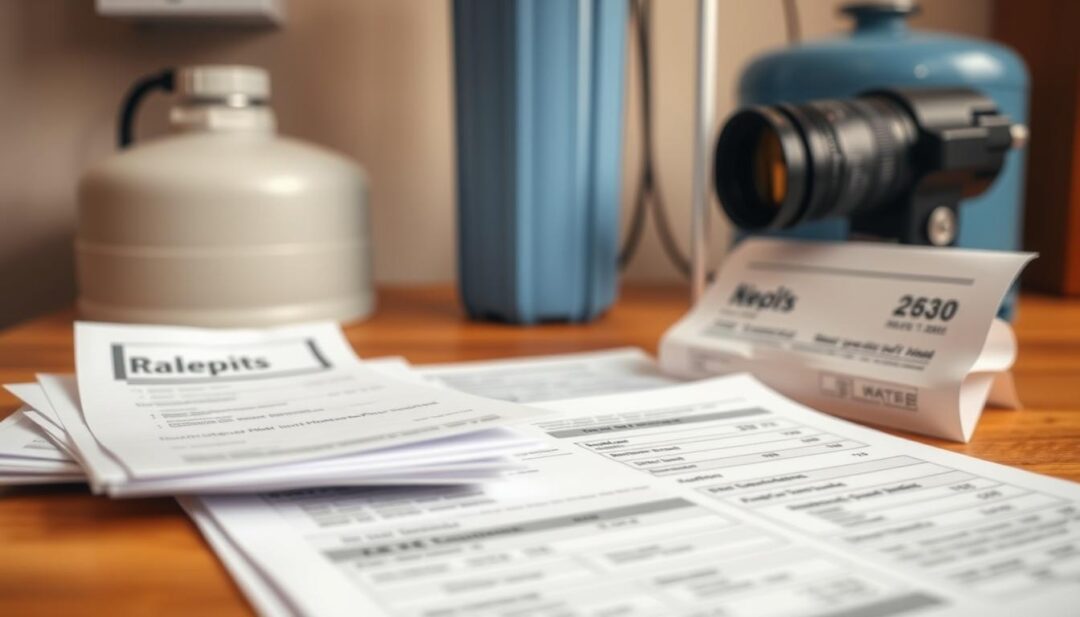
By maintaining thorough and organized documentation, homeowners can confidently claim their eligible tax deductions for water filtration systems.
Alternative Tax Benefits for Water Filtration Systems
Tax benefits for water filtration systems extend beyond simple deductions, offering homeowners multiple avenues for savings. While the primary focus is often on deductions for medical expenses or home improvements, there are additional tax incentives that can significantly reduce the financial burden of installing a water filtration system.
Energy-Efficient Home Improvement Credits
Some water filtration systems qualify as energy-efficient home improvements. The Nonbusiness Energy Property Tax Credit allows homeowners to claim a credit for certain energy-efficient upgrades, including some water filtration systems that meet specific energy-saving criteria. Homeowners should verify that their system qualifies and keep receipts for the purchase and installation.
State and Local Tax Incentives
Many states and local governments offer tax incentives or rebates for installing water filtration systems, particularly those that promote water conservation or reduce energy consumption. These incentives vary widely, so homeowners should check with their local government or utility company to explore available programs. For instance, some municipalities offer rebates for systems that meet certain water efficiency standards.
Water Conservation Rebates and Their Tax Implications
Water conservation rebates are another form of incentive that homeowners might be eligible for. While these rebates are generally not considered taxable income, it’s essential to understand the specific tax implications. Homeowners should consult IRS guidelines or a tax professional to ensure compliance with tax regulations. Some utility companies offer rebates for water-saving devices, including certain types of water filtration systems.
By exploring these alternative tax benefits, homeowners can potentially offset the costs associated with installing a water filtration system, making clean drinking water more accessible and affordable.
Business Use Deductions for Water Filtration
Self-employed individuals and home-based businesses can claim deductions for water filtration systems under certain conditions. When a water filtration system is used for business purposes, the tax implications can be significant.
Home Office Considerations
For home offices, the water filtration system must be used in the course of business. This can include using filtered water for clients or for business-related activities. The IRS allows deductions for expenses that are ordinary and necessary for the business.
As noted by the IRS, “if you use part of your home for business, you may be able to deduct expenses for the business use of your home.” This principle can be applied to water filtration systems, making them a potentially deductible expense.
“The key is to demonstrate that the water filtration system is used for a legitimate business purpose.” – IRS Publication 535
Business Percentage Use Calculations
To calculate the deductible amount, you need to determine the percentage of business use. This involves calculating the total square footage of your home office compared to the total square footage of your home.
| Area | Square Footage | Percentage |
|---|---|---|
| Total Home | 2000 sqft | 100% |
| Home Office | 400 sqft | 20% |
Schedule C Reporting for Self-Employed Individuals
Self-employed individuals report their business expenses, including the deductible portion of their water filtration system, on Schedule C (Form 1040). It’s essential to keep accurate records of the purchase, installation, and maintenance costs.
By understanding the business use deductions available for water filtration systems, self-employed individuals and home-based businesses can take advantage of significant tax savings.
Rental Property Water Filtration Tax Benefits
Landlords can potentially reduce their tax liability by installing water filtration systems in their rental properties. This investment not only improves the quality of life for tenants but also offers several tax advantages.
The tax benefits for water filtration systems in rental properties are multifaceted. Landlords can explore various deduction options to minimize their taxable income.
Landlord Deduction Options
Landlords have the option to deduct the cost of water filtration systems as either a capital improvement or a repair expense. Understanding the difference between these two categories is crucial for maximizing tax benefits.
- Capital Improvement: Treating the water filtration system as a capital improvement allows landlords to depreciate the asset over its useful life.
- Repair Expense: If the system is considered a repair, the full cost can potentially be deducted in the year of installation.
Depreciation vs. Immediate Expense
The decision to depreciate or expense the water filtration system immediately depends on several factors, including the system’s cost and the landlord’s current tax situation.
Depreciation spreads the cost over several years, while expensing it immediately can provide a larger deduction in the year of purchase.
Schedule E Reporting Requirements
Landlords must report the income and expenses related to their rental properties on Schedule E of their tax return. Accurate records of the water filtration system’s cost, installation, and maintenance are essential for proper reporting.
It’s also important to consult with a tax professional to ensure compliance with all IRS regulations and to maximize the available tax benefits.
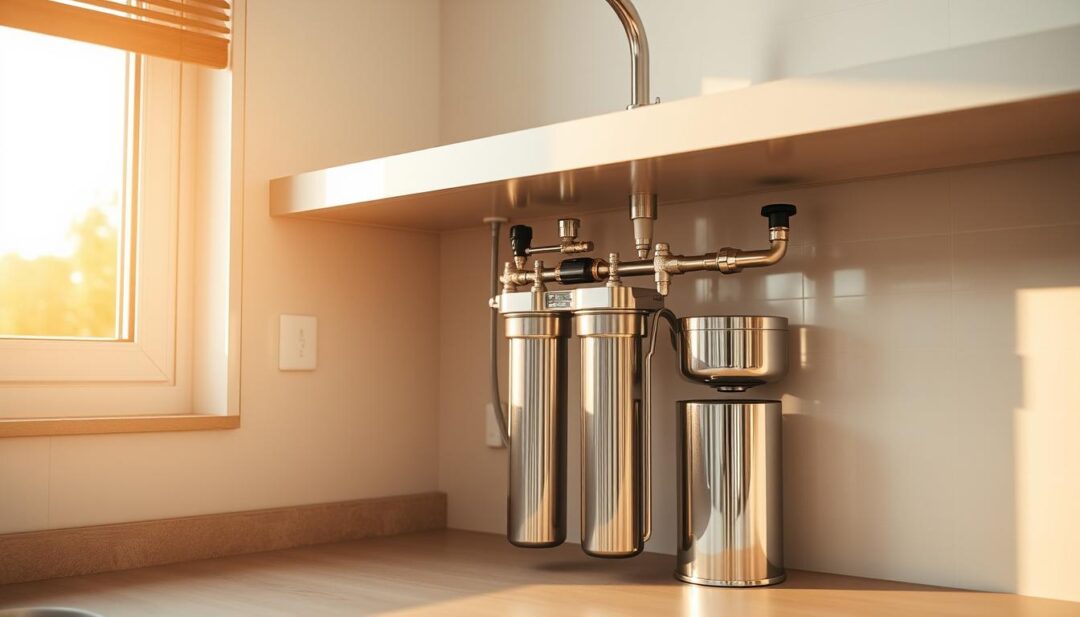
Common Mistakes to Avoid When Claiming Deductions
When claiming tax deductions for home water filtration systems, it’s crucial to be aware of common pitfalls that can lead to denied claims or audits. Understanding these potential missteps can help homeowners navigate the complex process of claiming tax deductions.
Insufficient Documentation
One of the most common mistakes is failing to maintain adequate records. Homeowners should keep detailed receipts for the purchase and installation of their water filtration system, as well as any ongoing maintenance costs.
Misclassifying Expenses
Another error is misclassifying the water filtration system as a simple household expense rather than a medical expense or capital improvement. It’s essential to understand the IRS guidelines on how to properly classify these expenses.
Overlooking Medical Threshold Requirements
For water filtration systems claimed as medical expenses, homeowners must meet the IRS’s medical expense threshold, which is typically a percentage of their adjusted gross income. Failing to meet this threshold can result in a denied claim.
Failing to Consult a Tax Professional
Lastly, not consulting a tax professional can lead to missed opportunities or incorrect claims. A tax expert can provide guidance on claiming tax deductions for home water filters and ensure compliance with IRS regulations.
By avoiding these common mistakes, homeowners can successfully claim tax deductions for their water filtration systems and maximize their savings.
Recent Tax Law Changes Affecting Water Filtration Deductions
The landscape of tax deductions for water filtration systems has evolved due to recent legislative updates. Homeowners and taxpayers must stay informed about these changes to maximize their tax savings on residential water filtration systems.
Tax Cuts and Jobs Act Impact
The Tax Cuts and Jobs Act (TCJA) introduced significant changes to the tax code, affecting various deductions, including those related to home improvements like water filtration systems. A key aspect of the TCJA is its impact on medical expense deductions, which can be relevant for water filtration systems prescribed for medical conditions.
According to the TCJA, taxpayers can deduct medical expenses that exceed 7.5% of their adjusted gross income (AGI). This provision is crucial for homeowners who have installed water filtration systems on the recommendation of a healthcare professional.
Current IRS Positions and Rulings
The IRS has issued various rulings and guidelines on the deductibility of home improvements, including water filtration systems. It’s essential to consult the latest IRS publications and tax professionals to understand the current stance on these deductions.
As of the latest updates, the IRS considers water filtration systems as potential medical expenses if they are used to treat a specific medical condition. However, the classification and deductibility can vary based on the system’s type and purpose.
Potential Future Tax Incentives for Clean Water
There is a growing trend towards providing tax incentives for initiatives that promote clean water and environmental sustainability.
“As the focus on environmental conservation intensifies, we may see new tax credits or deductions for homeowners investing in water filtration systems that contribute to cleaner water supplies.”
While specific future incentives are not yet confirmed, taxpayers should keep abreast of legislative developments that could offer additional tax benefits for installing water filtration systems.
Conclusion
Understanding whether a home water filtration system is tax deductible can help homeowners make informed decisions about their investments in clean drinking water. As discussed, the tax deductibility of such systems largely depends on their purpose and usage.
If a water filtration system is deemed medically necessary, it may qualify as a deductible medical expense. Homeowners who use their filtration systems for business purposes, such as in a home office or for rental properties, may also be eligible for tax benefits.
To maximize tax benefits for home water filtration systems, it’s essential to maintain accurate records, including receipts for purchase and installation, as well as documentation from healthcare professionals if the system is medically necessary.
By understanding the tax laws and regulations surrounding home water filtration systems, homeowners can potentially reduce their tax liability and enjoy cleaner, safer drinking water.

